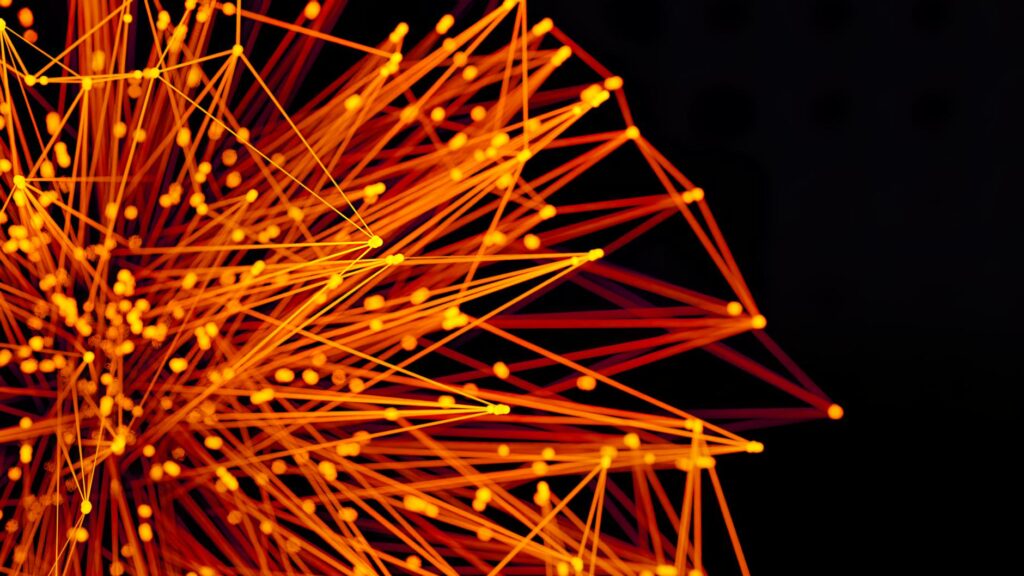The Future of Decentralized Autonomous Organizations as Legal Entities
Remember the early internet? Wild, untamed, and full of promise. That’s kind of where we are with DAOs as legal entities. The potential is massive, but the legal landscape is still trying to catch up. We’re talking about a fundamental shift in how organizations operate, how they’re governed, and how they interact with the legal system. The future of decentralized autonomous organizations as legal entities is being shaped right now, and it’s a fascinating journey.
Navigating the Legal Maze: DAOs as Legal Entities
One of the biggest hurdles facing DAOs is, well, the law. Traditional legal frameworks weren’t built for decentralized, autonomous entities. Think about it. A corporation has a clear structure, a registered address, and designated individuals responsible for its actions. A DAO? Not so much. Its distributed nature, powered by smart contracts, throws a wrench in the conventional legal machinery. It raises questions like: Who’s liable if something goes wrong? How do you enforce agreements? Where do you even sue a DAO?
The Rise of DAO-Friendly Jurisdictions
Some jurisdictions are waking up to the potential of DAOs and are actively working to create more favorable legal environments. Wyoming, for instance, has been a pioneer in this space, passing legislation that recognizes DAOs as a specific type of LLC. This is a huge step, offering DAOs a legitimate legal structure to operate within. Other jurisdictions are watching closely, and we can expect to see more legal frameworks emerge in the near future.
The Challenge of Decentralized Governance
Decentralized governance, the very essence of a DAO, presents both opportunities and challenges. It allows for greater transparency and participation, empowering members to have a direct say in the organization’s direction. However, it also makes decision-making more complex. Reaching consensus in a large, distributed group can be time-consuming and sometimes lead to gridlock. I’ve seen firsthand in online communities how quickly things can devolve into chaos without clear governance structures.

Legal Implications of Smart Contracts
Smart contracts are the backbone of DAOs, automating operations and enforcing agreements. But they also raise legal questions. Can a smart contract truly represent a legally binding agreement? What happens if there’s a bug in the code? These are complex issues that courts are only beginning to grapple with.
The Future of Legal Frameworks for DAOs
Predicting the future is always risky, but several trends are emerging. We can expect to see more jurisdictions adopting DAO-specific legislation. Legal frameworks will need to adapt to the unique characteristics of DAOs, addressing issues like liability, governance, and dispute resolution. We might even see entirely new legal concepts emerge to accommodate this new organizational paradigm.
“The decentralized nature of DAOs challenges traditional legal notions of entityhood and control. This requires a fundamental rethink of how we approach legal frameworks for these organizations.” – Leading legal scholar on blockchain technology.
Navigating the Evolving Regulatory Landscape
Regulation is inevitable. As DAOs become more prevalent, regulators will step in to address potential risks and protect investors. This could involve anything from KYC/AML requirements to rules governing the issuance of DAO tokens. Finding the right balance between fostering innovation and ensuring regulatory compliance will be crucial for the future of DAOs.
- Increased Legal Clarity: We’ll see clearer legal definitions and classifications for DAOs.
- Standardized Legal Structures: Templates and best practices for setting up DAOs will emerge.
- Decentralized Dispute Resolution: Innovative mechanisms for resolving disputes within DAOs will be developed.
Conclusion
The future of DAOs as legal entities is a work in progress. It’s a complex and evolving landscape, full of challenges and opportunities. As legal frameworks catch up with technological innovation, we can expect to see DAOs play an increasingly important role in the future of organizations. The journey is just beginning, and it’s going to be a fascinating one to watch.


